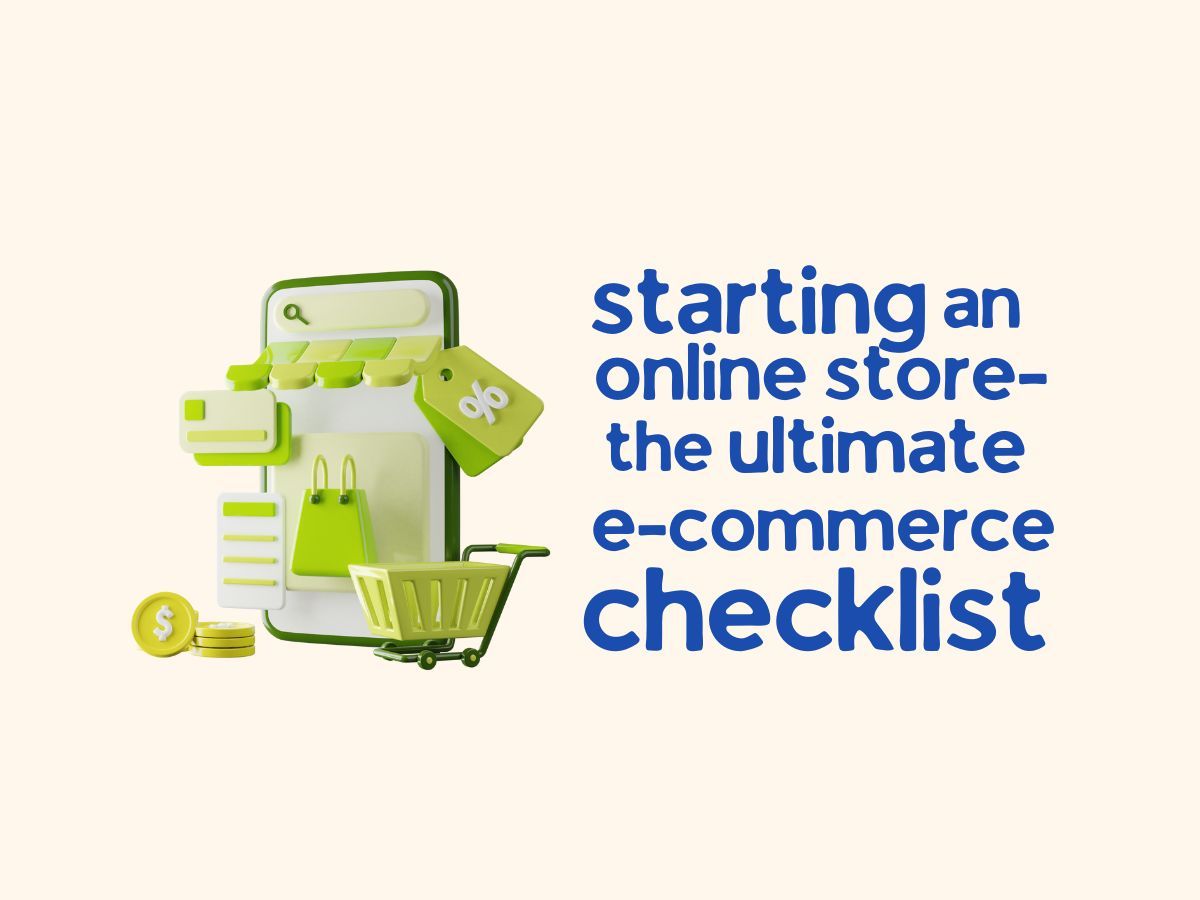Expanding Your eCommerce Business Globally – How Do You Do It?
This scaling up doesn’t just kick up the performance and popularity of your business, it can help to expand your customer base, increase revenue, and gain access to new markets and opportunities. Additionally, it can also provide a way to diversify and mitigate risks, as well as enhance the reputation and brand recognition of the business.
Getting started
Taking your e-commerce business to a global level can be a major growth opportunity, but it also requires careful planning and execution. It has its own set of challenges, employee management, data silos, management systems, and software development become the new roadblocks to your path and you progressively learn to get over them. In this article, let’s take a look at some essential steps to take your business to global levels:
Identify market
Research potential international markets for your products. Start by identifying countries or regions where there is likely to be demand for your products. Look for markets that are relatively untapped by competitors, or where your products can offer unique value.
Consider factors such as market size, economic conditions, consumer preferences, and shipping logistics. You can also use tools like Google Trends and export.gov to gather data and insights on potential international markets.
Strategize
Develop a global marketing and branding strategy. Once you have identified potential international markets, you will need to create a plan for reaching and engaging with international customers.
This can include creating localized versions of your website, utilizing social media and influencer marketing, and running targeted advertising campaigns. You should also consider how to adapt your branding and messaging to different international markets while maintaining a consistent overall brand identity.
Gain market trust
Provide high-quality products and services that meet or exceed customer expectations. This is the foundation of building trust, as customers will be more likely to trust a business that consistently delivers value. Communicate transparently and openly with customers, and be responsive to their needs and concerns.
This can include providing clear and detailed product information, responding promptly to customer inquiries, and addressing any issues or complaints in a timely and professional manner. Use customer testimonials and reviews to showcase the positive experiences of previous customers.
This can provide social proof and help to build trust with potential customers who may be unsure about your business. Utilize security and privacy measures to protect customer information and transactions. This can include things like encryption, secure payment processing, and compliance with relevant privacy laws and regulations.
Facilitate Partnership
Partner with reputable international payment processors and logistics companies. In order to facilitate international transactions and shipments, you will need to work with trusted partners who can handle the complexities of cross-border e-commerce.
This can include payment processors that support a wide range of currencies and payment methods, as well as logistics companies that can handle customs and other international shipping requirements. It’s important to do thorough research and due diligence when selecting these partners, as their performance can have a major impact on your international success.
Get verified – Licenses
Obtain necessary licenses and permits, and ensure compliance with international laws and regulations. Depending on the products you sell and the markets you operate in, you may need to obtain various licenses and permits in order to do business internationally.
This can include things like export licenses, product certifications, and tax registrations. It’s important to consult with legal and compliance experts to ensure that you are complying with all relevant laws and regulations in each market you operate in.
Hiring
Consider hiring international employees or partnering with local businesses. As you expand into new international markets, you may find it helpful to have local expertise and knowledge on the ground.
This can include hiring employees who are familiar with the local culture and market conditions or partnering with local businesses that can help with market entry and expansion. These partnerships can provide valuable insights and connections that can help your business succeed in new international markets.
Automation
By using tools like machine learning and natural language processing, you can automate the process of gathering and analyzing data on potential international markets. This can help to identify the best opportunities for expansion and provide insights into consumer preferences, competition, and other market conditions.
Using tools like marketing automation, you can create and manage targeted advertising campaigns that reach international customers in different languages and locations. By integrating with international payment processors and logistics companies, you can automate the process of handling cross-border transactions and shipments.
Using automation tools, you can manage and track compliance with international laws and regulations, ensuring that your business is operating in a legal and ethical manner in all markets.
Analytics
Monitor and analyze your international performance, and make adjustments as needed. Once you have launched your international operations, it’s important to regularly monitor and analyze your performance in each market.
This can include tracking metrics such as sales, traffic, and customer engagement, as well as conducting market research and customer surveys. Based on this information, you can make adjustments to your strategy and tactics to continue growing your international e-commerce business.
Conclusion
Overall, taking your e-commerce business to a global level requires a combination of market research, marketing and branding, strategic partnerships, compliance, and ongoing performance monitoring. By following these steps, you can lay the groundwork for a successful international expansion and continued growth for your e-commerce business.
If you were reading so far, then you definitely added value to your time, hoping to see you again soon, till then, find us on social media and we can connect! Don’t forget to drop your questions, queries, and feedback in the comments below, follow for more.

























